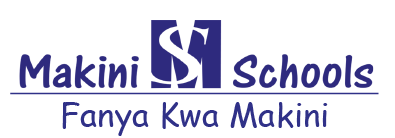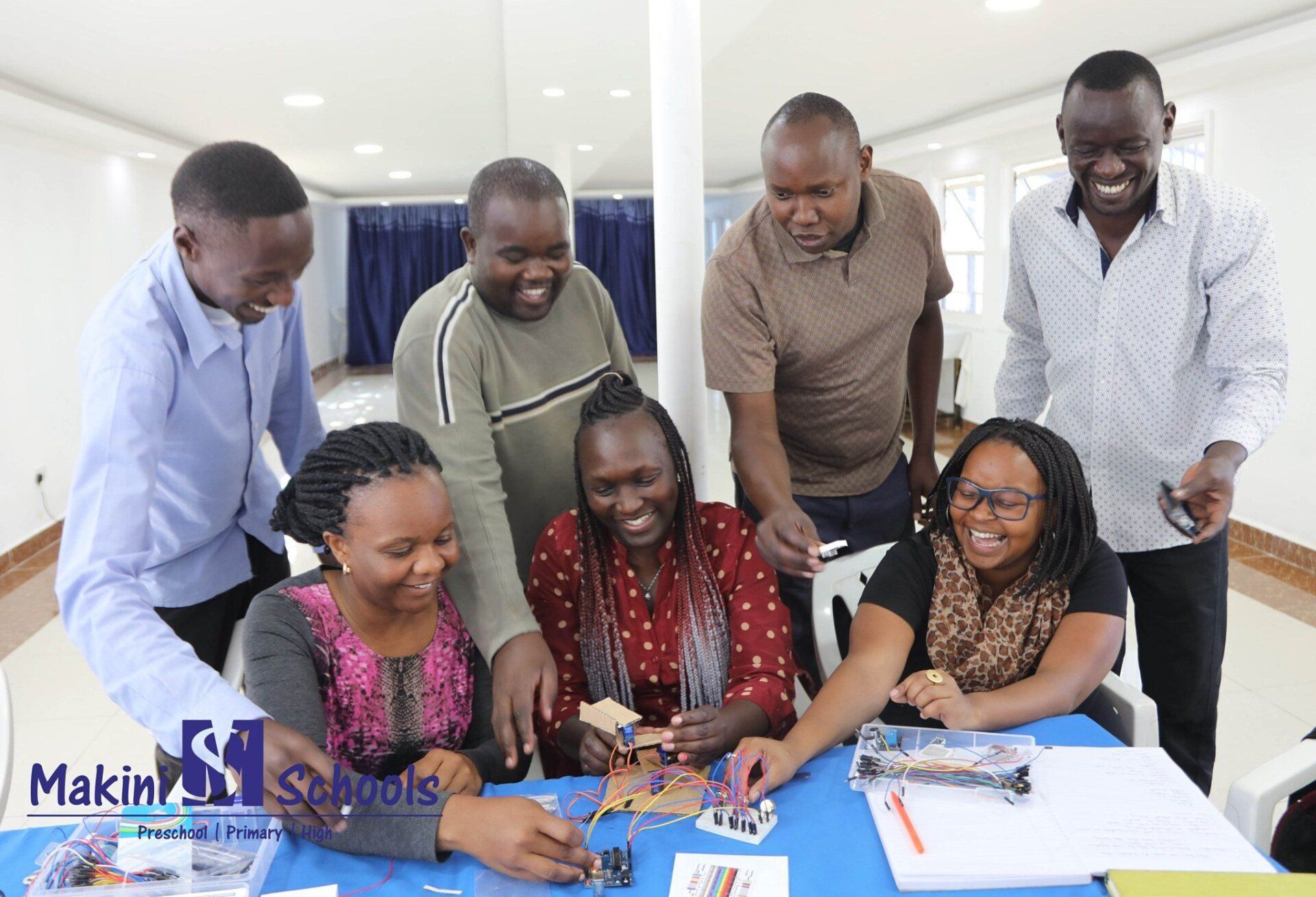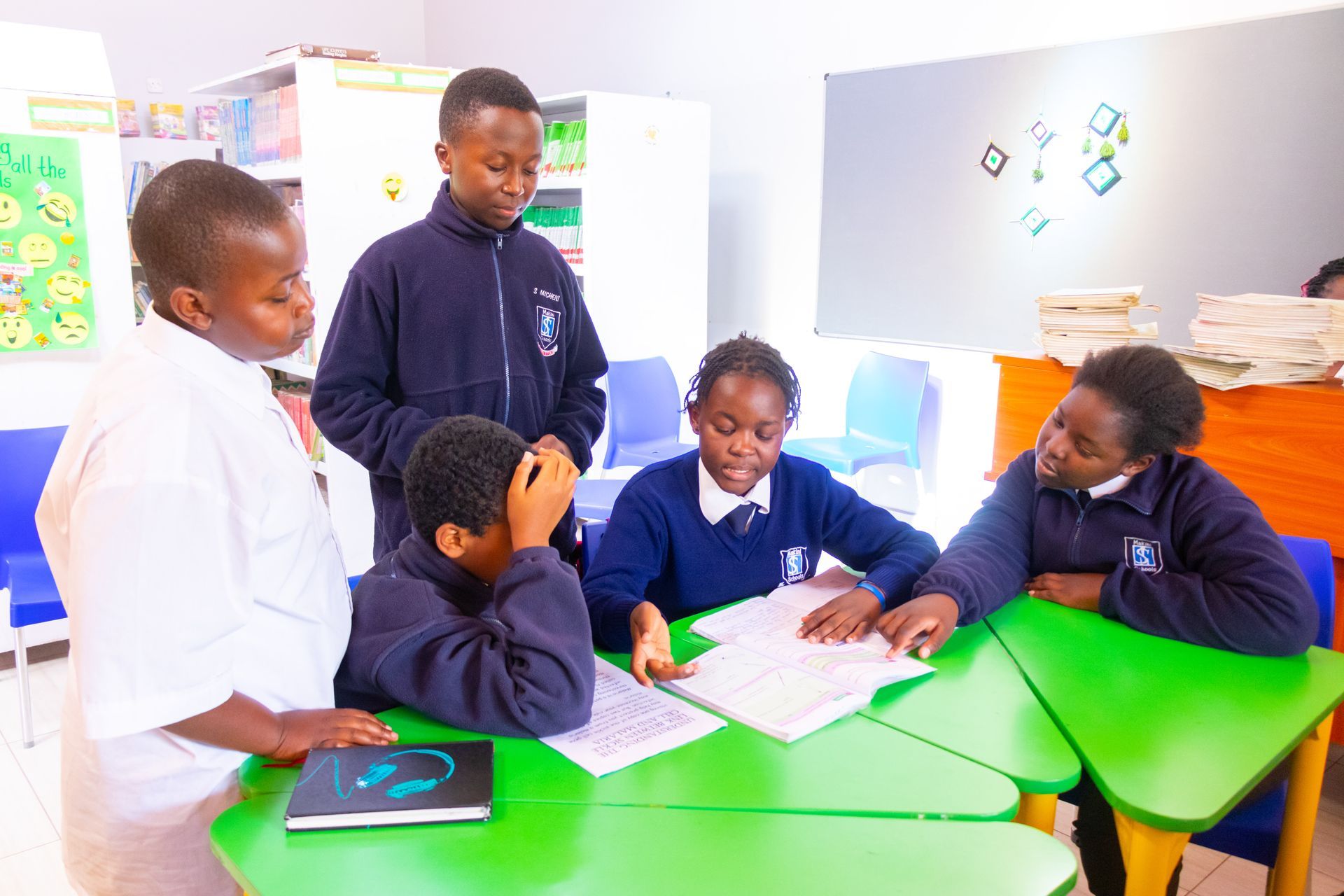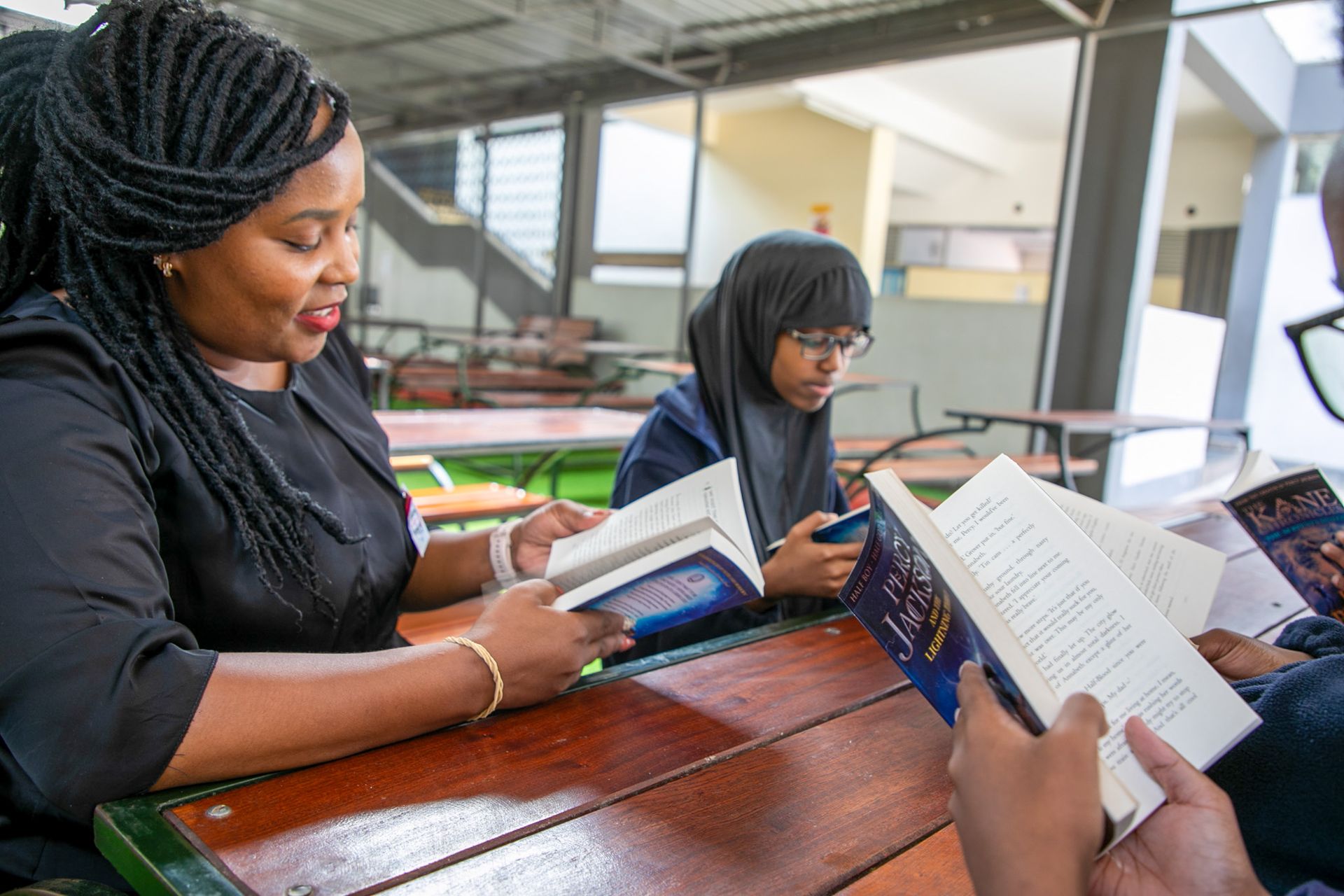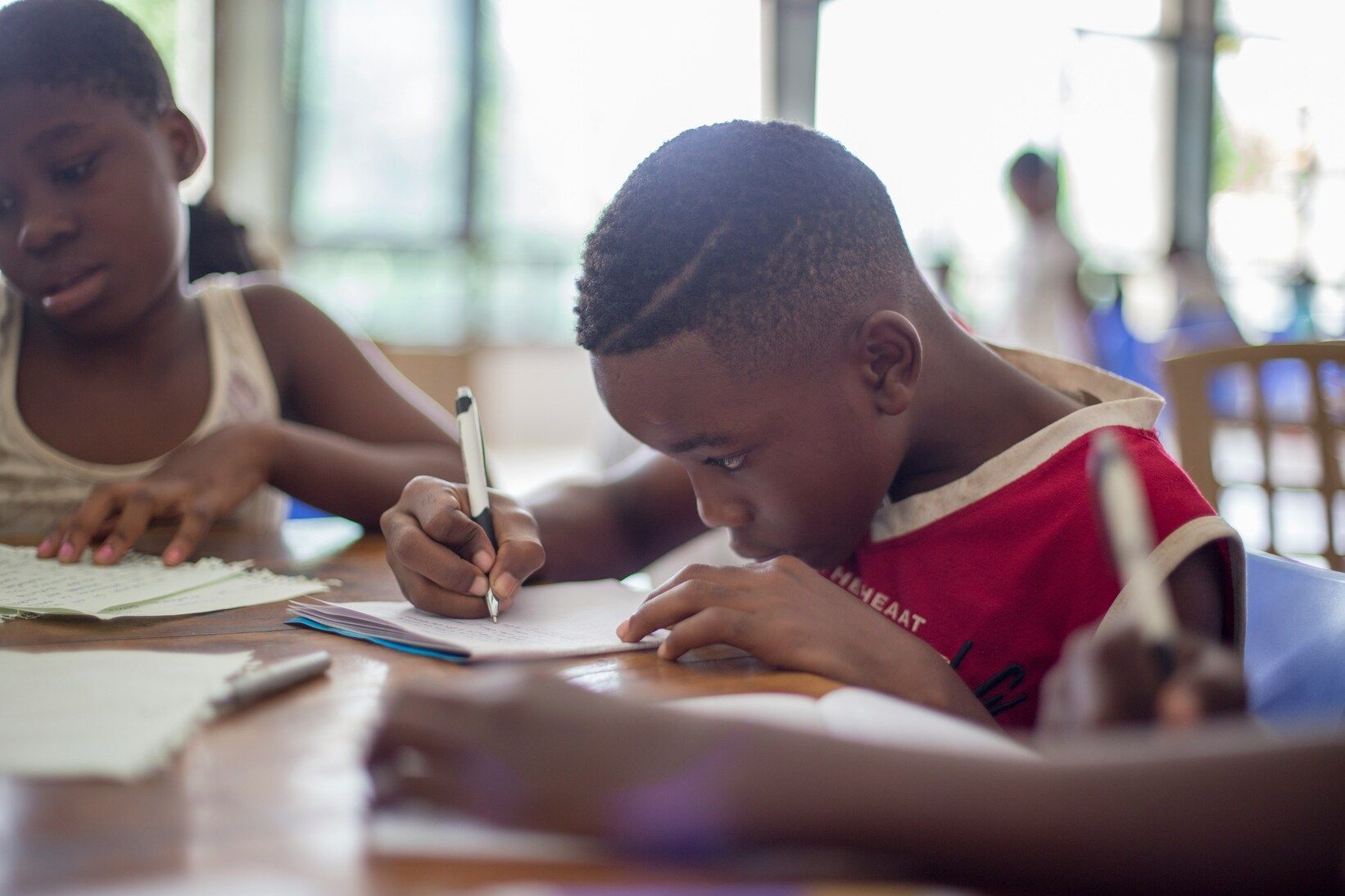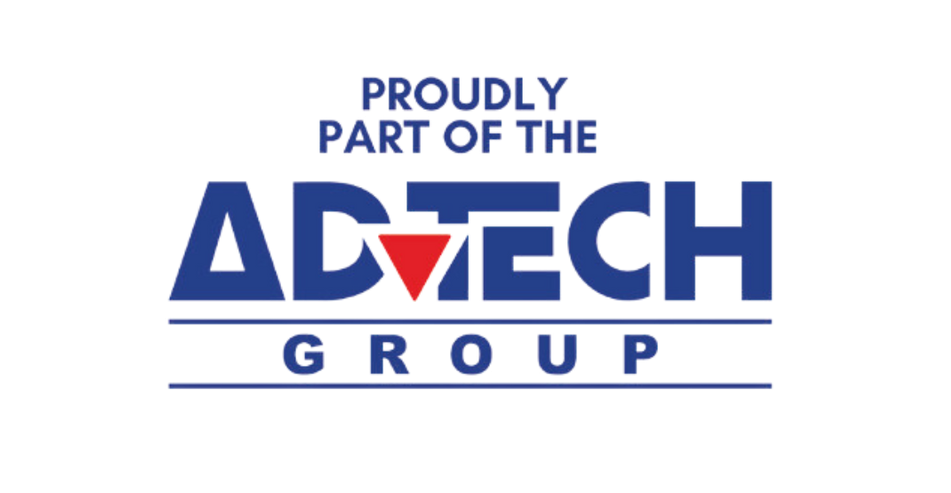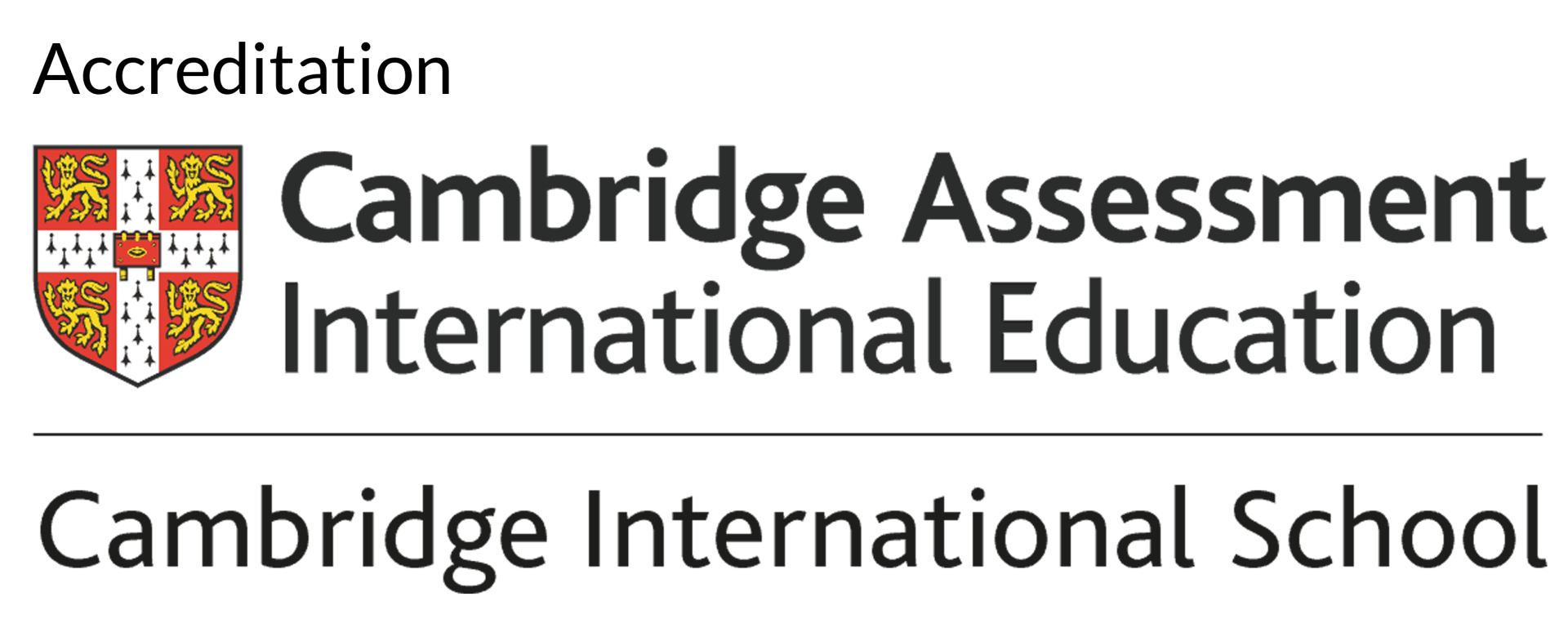Essential Tips on How to Prepare for Secondary School
Transitioning from primary school to secondary is a major milestone for both children and parents. While it can be challenging, it is also an exciting new chapter. At Makini School, we know that this transition is filled with changes in academic expectations, social circles and emotional needs. From academic readiness to emotional resilience, here are some essential strategies and secondary school transition tips that will assist parents and learners as they embark on this new educational journey.
Academic preparation for secondary school
Expectations in the academic realm differ significantly in secondary school compared to primary. There is more homework, a wider range of subjects and learners are required to manage their time and schedules effectively. Academic preparation for secondary school will ensure that learners will adapt more comfortably to the changes that lie ahead.
1. Enhance study skills and time management
With the increased workload of assignments, tests and exams, it is important for learners to establish strong study habits and efficient time management. To assist, parents can encourage their children to create a study schedule, set specific goals for those sessions and practice their learning techniques. This can include summarising notes, reciting what they’ve learned or going through old tests.
2. Become familiar with the new curriculum
Secondary education preparation can be as simple as reading through the future material and becoming familiar with the subjects. Reviewing math, science and languages can help a learner feel more comfortable with what’s to come.
3. Organise school supplies and learning materials
Being organised and prepared is the key to academic success. Ensure that learners have all the materials they need. This includes notebooks, files, folders and stationery. Having a folder for each subject will help organise assignments and notes.
How to prepare for the change in the social scene
The social scene in secondary school is very different to that in primary. Developing strong social skills for secondary school is essential for success in secondary school as there is a diverse group of peers and adults with various backgrounds and interests. When learners are socially prepared, they will feel more at ease as they move up through the grades.
1. Participating in summer programs or school orientations
Summer programs or orientations, offered by schools to incoming learners, are a great way to meet new classmates, get to know the campus and find out more about the school’s expectations and routines.
2. Learning conflict resolution and effective communication skills
To help learners with conflict resolution, it’s important to understand perspectives. When they try to see the situation from the other person’s point of view, this can help with resolving conflict. Active listening is a good way to excel in interactions with others. By understanding what is being said and responding thoughtfully, learners improve their ability to engage with others. When children learn to speak their mind assertively and respectfully, they can hone their communication skills even further.
3. Encouraging extracurricular activities to build friendships
A good way for learners to make friends is to join sports teams, clubs and other after school activities. Extracurricular activities also build teamwork, enhance time management and leadership skills, which makes the social experience at school
Emotional readiness
Anxiety, excitement and fear of the unknown are just some of the emotions that learners might feel about the transition. To reduce stress and help learners to enter this part of their lives with resilience and positivity, emotional readiness for secondary school is a must.
1. Discuss expectations and any concerns openly
Learners should be encouraged to share any of their worries or concerns with their parents or school counsellors. By reassuring learners and communicating openly, a sense of security can be established, assisting them in feeling free to voice any concerns and receive advice.
2. Practice positive thinking and stress-relief techniques
Affirmations and visualisations are known to boost confidence. These positive thinking exercises along with stress-relieving techniques like breathing and mindfulness can help learners to successfully manage their anxiety.
3. Create a supportive home environment
When learners have a supportive home environment, they can share their experiences and concerns in a space that is safe and where they feel heard and supported.
Some practical tips for your first day
Preparing for the first day of secondary school is important because it can set the tone for the rest of the year. Here are some tips to ensure a smooth start:
- Visit the school beforehand to familiarize with the layout.
- Prepare the night before by packing school bags and laying out school uniform
- Arrive early on the first day to adjust to the new environment and reduce any stress.
How parents can help in the transition
Parents play a major role in the transition of their child from primary to secondary school. Here are ways they can support:
- Engage in open discussions about school life, their classes, social interactions and any challenges they might be facing.
- Monitor their academic progress and emotional well-being. Encourage time for relaxation and sports so that they can balance their studies with life.
- Be involved in school activities and maintain communication with teachers. This involvement shows learners that their education is a priority and so is their well-being.
While this part of a learner’s life can be challenging, it also offers new opportunities for growth. By being academically, socially and emotionally prepared, learners will have the confidence to embark on this journey. At Makini School, we’re here to assist learners and parents in whatever way we can to ensure a smooth transition from primary to secondary school. We are dedicated to fostering significant academic progress, developing character and inspiring learners to reach their full potential. To find out more about our school and what it has to offer, visit https://www.makinischool.ac.ke/
